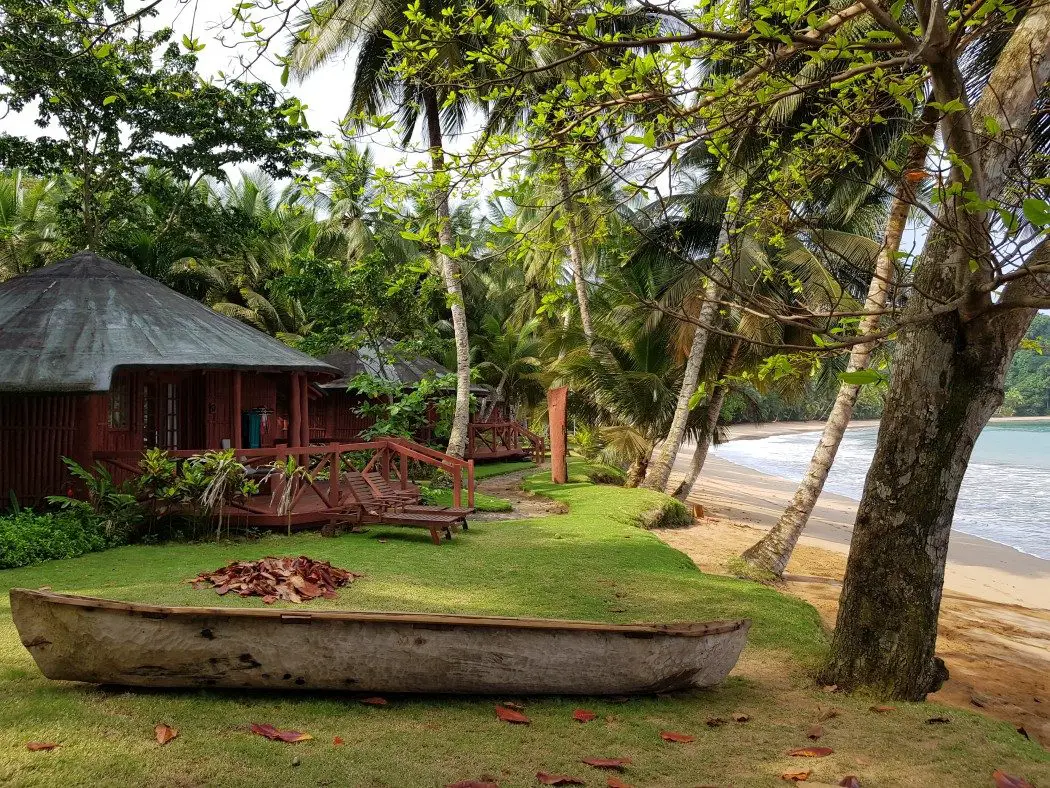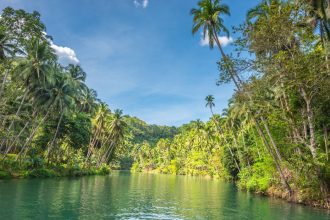In recent years, support for sustainable travel has increased. According to the 2022 Sustainable Travel Consumer Report, it has become a priority for around 8 in 10 travellers. The report asserts that the primary reason for this trend is that learning about the environmental impact of tourism—pollution, exhaustion of resources, and natural habitat loss—has encouraged people to adopt sustainable practices.
However, sustainable travel is just half of what it takes to transform travelling into an eco-friendly and socially-beneficial practice. If you want to discover how to lessen the negative social impact of your travels, it’s best to learn about the tips and tricks of an ethical traveller.
The differences between ethical and sustainable travel
Sustainable travel aims to minimise the negative environmental impact of tourism through eco-friendly practices. As you’ll see in this post on ‘How to Be a More Sustainable Traveller’ some of the most effective methods include reducing your carbon footprint with less air travel and going zero waste by using reusable containers and bottles.
But whereas sustainable travel focuses on environmentally-harmful travel practices, ethical travel contends more with the issues that further drive inequalities in tourism. These include large chain hotels and resort developments that, in turn, displace residents. The commodification of cultures is also another ethical problem. Often, when cultural motifs are sold for entertainment, local customs are ignored. Although these issues seem complex, individuals can still empower local communities through certain ethical travel practices.

Tips and tricks for ethical travel
Explore the road less taken
Travelling to lesser-known spots stimulates smaller economies. As a region’s tourism revenue increases, it’ll have more budget to invest in environmental and cultural preservation programmes. By taking a trip to less touristy destinations, you’ll also help increase the number of job opportunities available in the local economy.
If you think you’ll be missing out by skipping tourist hotspots, you’d be surprised to find that lots of lesser-known spots are just as beautiful as the famous destinations. There’s Valencia in Spain, which boasts vibrant art and nightlife scenes that are just as fascinating as Barcelona. And with Croatia’s beloved Dubrovnik currently dealing with over-tourism, you can give Zadar a chance. Amid Roman ruins and pristine beaches, this locale is brimming with historical sites and scenic locations.
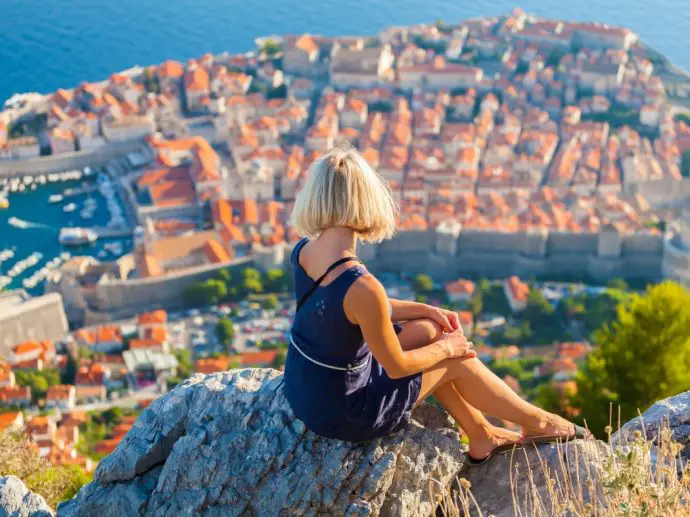
Schedule trips outside peak season
Most local tourism-related jobs are only around until the tourist season ends. Travelling to a place outside of its peak season helps maintain the need for such jobs and preserves the locals’ source of income. While off-season travelling can present less-than-ideal seasonal climates and a lack of special events, this doesn’t mean that your trip can’t still be enjoyable.
Places like Venice and Portugal are magical, even during the winter months. With fewer crowds, you can walk around and explore the sights without bumping into people. The destinations also have much more of a local feel during these times, when those you meet are more likely to be residents than tourists. It’s a great way to get a feel for the authentic side of a place away from the commercialism of peak season.
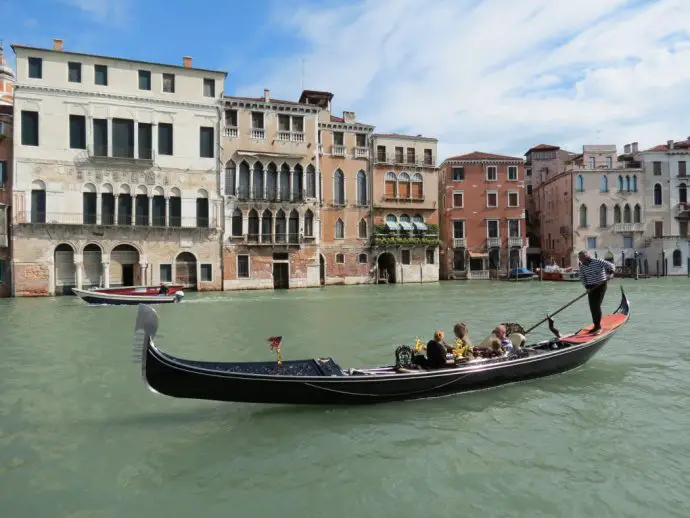
Respect local customs
As previously mentioned, one of the issues of ethical travel is that local customs are not respected. For example, if you travel somewhere with a smoking ban, don’t attempt to smoke in private. Instead, use discreet alternatives. Opt for odourless and smokeless nicotine pouches that you only need to put between your cheek and gum for a few minutes. The bestsellers on Prilla come in different flavours so you can choose according to your mood as it changes throughout your trip.
Meanwhile, you may be planning a tropical holiday. If so, remember that destinations like Hawaii ban the use of sunscreens containing oxybenzone and octinoxate. It is a way of respecting the islands’ efforts to preserve their coral reefs. Fortunately, there is a lot of choice in the UK when it comes to organic sunscreen that is free of these toxic chemicals. Products like Babo Botanicals SPF 30 and Baby Bum SPF 50 even have gentle formulations that won’t irritate your skin.
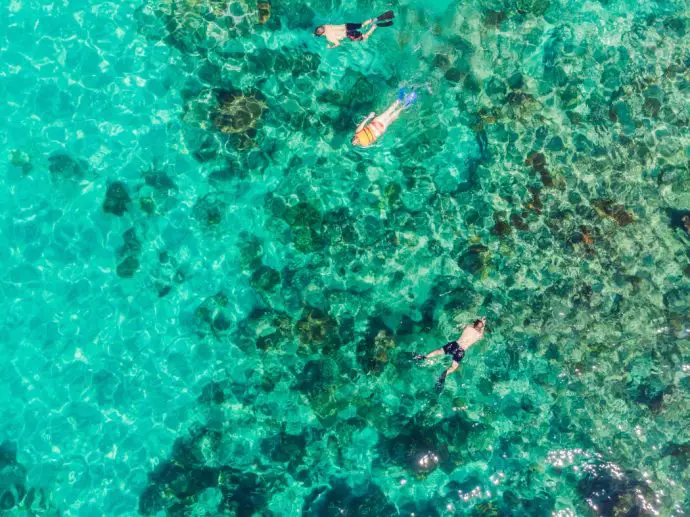
Support local businesses
To empower local communities in your ethical travels, purchase produce from street vendors and farmer’s markets since their products are highly likely sourced from within the region. And instead of staying at international chain hotels and resorts—often built on former residences—book with locally-owned homestays, guides, and lodgings to ensure that the region’s economy directly benefits from your payments.
Understanding local culture also means being aware of everyday transactions and commodities you might encounter, especially in markets where handmade jewellery or crafts are sold. If you’re interested in buying silver souvenirs or gifts on your travels, it can be helpful to know how silver is measured so you can make informed, ethical purchases and support fair trade.
It will take systemic changes and institutional support to strengthen smaller economies and protect local communities as tourism thrives. By trying out these ethical travel tips on your next holiday, you can contribute financial support and raise awareness so that even less-visited regions can utilise tourism to their advantage.

